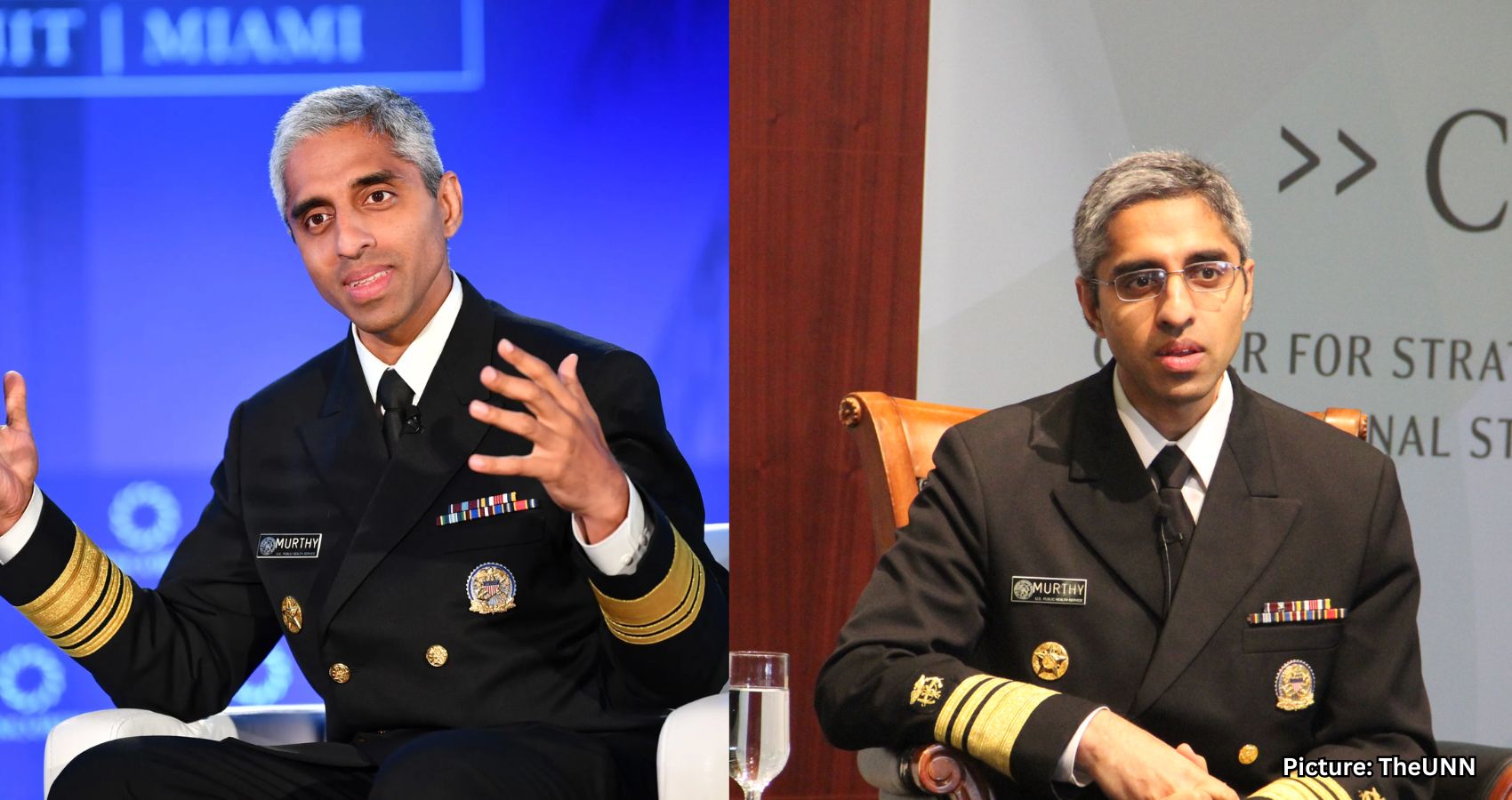Dr. Vivek Murthy discusses the future of healthcare in the U.S., emphasizing the roles of AI, health policy, and social connections in shaping public health.
Dr. Vivek Murthy, who served as the 19th and 21st Surgeon General of the United States, holds the distinction of being the only member of the Indian Diaspora to have held this position twice. In a recent interview with Mandayam Osuri Thirunarayanan for India Currents, Dr. Murthy shared insights on how artificial intelligence, health policy, and the issue of loneliness will influence the future of healthcare in the country.
This interview has been edited for clarity and conciseness.
Reflecting on his time as the ‘Nation’s Doctor,’ Dr. Murthy described the variety of experiences he encountered daily. “Every day was different,” he said. “On some days, I could be in Washington, D.C., meeting with colleagues and collaborators throughout the Department of Health and Human Services at the Centers for Disease Control (CDC) and the National Institutes of Health (NIH).”
He also noted that his responsibilities included engaging with legislators on Capitol Hill regarding critical public health issues and policy measures. “I spent time internally working with our team to prepare advisories and reports and to design campaigns that would help advance public health causes,” he added.
When asked about the impact of the Surgeon General’s office on health policy and legislation, Dr. Murthy explained, “The Surgeon General’s Office doesn’t create laws or issue funding. It works directly with communities on public health education and with lawmakers to inform policy.” He emphasized that the public health priorities set by the office often help shape public understanding and influence policy decisions at various levels.
Dr. Murthy’s extensive travels across the United States and abroad have significantly informed his work. “My team and I traveled a lot and visited communities all across America, and even outside of America, in Japan, India, and the United Kingdom,” he said. He highlighted the importance of listening to communities during town halls, church gatherings, and school visits, which led to advisories and public health campaigns grounded in scientific evidence.
Among the notable campaigns he referenced were those addressing youth mental health and the epidemic of loneliness and isolation. “Our Epidemic of Loneliness and Isolation: The U.S. Surgeon General’s Advisory on the Healing Effects of Social Connection and Community” was particularly impactful, he noted.
As for the role of artificial intelligence and robotics in healthcare, Dr. Murthy expressed both optimism and caution. “Artificial intelligence is already changing health care as well as scientific research and discovery,” he stated. He acknowledged the benefits AI brings to the healthcare system but also stressed the importance of managing its risks. “AI and robots could have a negative impact on social interactions,” he warned, emphasizing that human empathy and care cannot be replicated by machines.
Dr. Murthy elaborated on the limitations of AI, stating, “Algorithm-based AI and robots can never substitute for human beings. They can augment our lives, but they never fully replace our friends, family, and the people who care for us.” He underscored the value of human imperfection in relationships, noting that AI cannot replicate the authenticity of human interactions.
When discussing loneliness, Dr. Murthy acknowledged that while AI might serve as a social coach or prompt individuals to reach out to loved ones, it should never replace genuine human interaction.
Reflecting on his major accomplishments as Surgeon General, Dr. Murthy expressed pride in broadening the understanding of health beyond just physical aspects. “We expanded that notion to include mental, social, and spiritual dimensions of health,” he explained. He emphasized the importance of mental health and social relationships, highlighting the Surgeon General’s Advisory on loneliness and isolation as a significant contribution to public health discourse.
Dr. Murthy also discussed the challenges he faced in his role, particularly the difficulty of prioritizing health issues amid limited resources. “With limited time and resources, we chose to focus our efforts on health issues that were not being addressed and where there was little public awareness,” he said. Navigating the diverse stakeholders involved in public health was another challenge he encountered, including federal agencies, Congress members, community groups, and healthcare providers.
For the Indian Diaspora, Dr. Murthy offered essential health advice, emphasizing the importance of prevention. He outlined five pillars for disease prevention: sleep, social connection, stress reduction, nutrition, and physical activity. He stressed the need for quality sleep, the value of maintaining close friendships, and the importance of managing stress in today’s fast-paced world.
In terms of nutrition, Dr. Murthy advised minimizing ultra-processed foods and focusing on balanced diets. He also highlighted the benefits of regular physical activity, such as walking and resistance exercises, in promoting overall health.
“These five pillars can do a lot to help reduce our risk of cardiac disease, cancer, diabetes, and other illnesses,” he concluded. “They can also improve how we feel.”
Source: Original article

